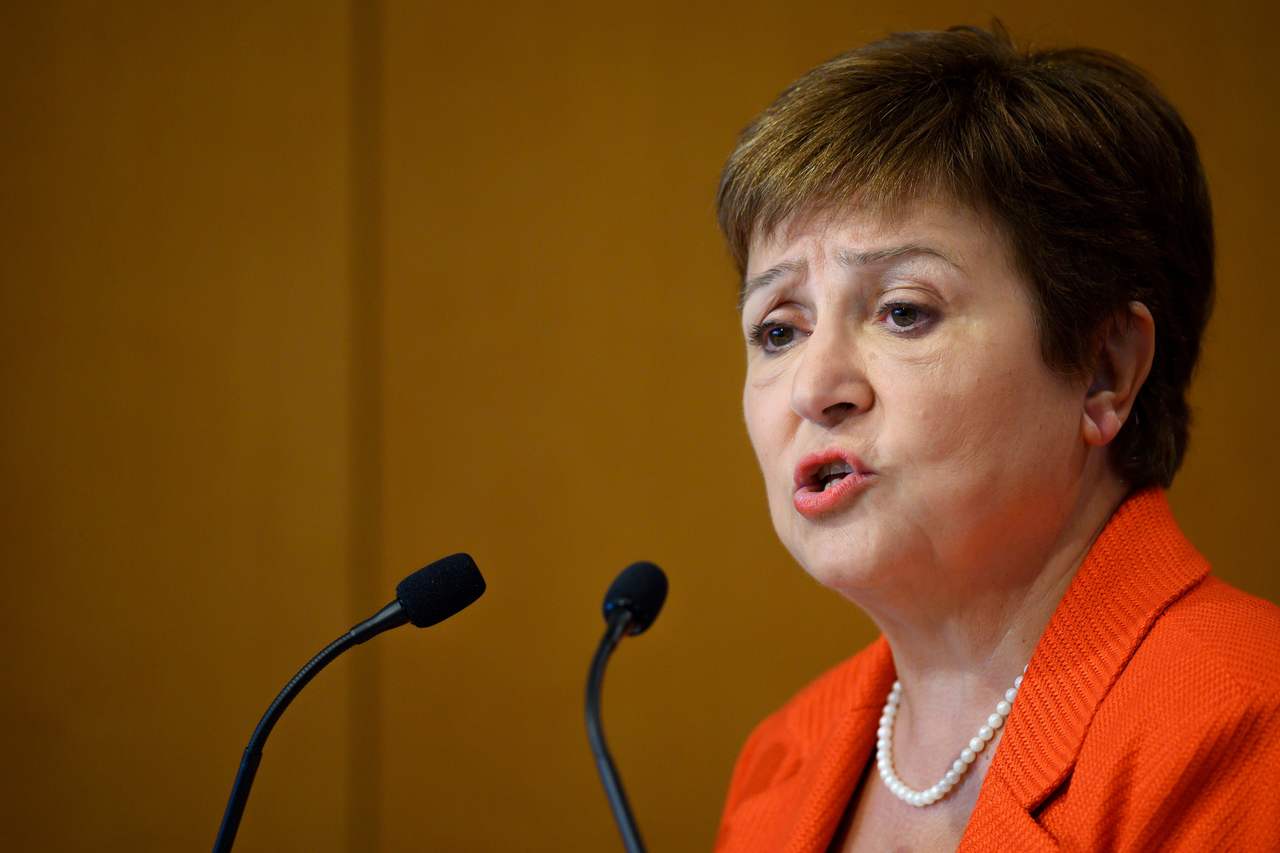Too soon to tell economic impact of Wuhan virus on China: IMF chief
Sign up now: Get ST's newsletters delivered to your inbox

In a photo taken on Jan 17, International Monetary Fund chief Kristalina Georgieva speaks at a panel in Washington.
PHOTO: AFP
Follow topic:
WASHINGTON (AFP) - It is still too soon to gauge the economic impact of the virus outbreak on China's economy, beyond the first three months of the year, International Monetary Fund chief Kristalina Georgieva said on Thursday (Jan 30).
The outbreak of the coronavirus on Friday rose to 231 people dead in China with 9,692 confirmed cases.
The World Health Organization on Thursday declared the outbreak an international emergency, though it again opposed any travel or trade restrictions.
But the rapid spread of the respiratory illness has prompted businesses and factories to shut down, and airlines around the world have canceled flights, prompting concerns about the hit to China's economy and beyond.
"It would be irresponsible to offer any speculations around what may happen," Georgieva said at a forum.
She cited the experience of the Sars epidemic in 2002-2003, which slowed growth in the short term, but then the economy righted itself.
However, that epidemic occurred at a time when the Chinese economy was booming. The current outbreak comes as authorities are managing a slowdown amid the battering from the trade conflict with the US.
"The immediate impact is obvious. We have travel, tourism, manufacturing in China, and a little bit beyond China in Asia being impacted," Georgieva said, adding that for this quarter, very likely there would be some negative impact.
But beyond that "we just observe and assess."
The IMF on January 20 projected the global economy would grow by 3.3 per cent in 2020, above the 2.9 per cent level last year, due in part to an easing in US-China trade tensions.
Earlier in the day, IMF spokesman Gerry Rice told reporters the fund is monitoring the situation "very closely," and reading "the economic indicators on a real-time basis."
"If global supply chains were systematically affected or global financial markets were significantly impacted by increasing uncertainty, then obviously the impact would be greater," Rice said, adding that the effects would be more severe if the ailment spreads to other parts of Asia from China.
Georgieva said the outbreak highlights the "unpredictability" that has become the norm in the world.
She stressed that "preparedness, prevention, early action ... has to get into the bloodstream of policymakers, it is, whether it is pandemics or a climate shock or geopolitical tension."

